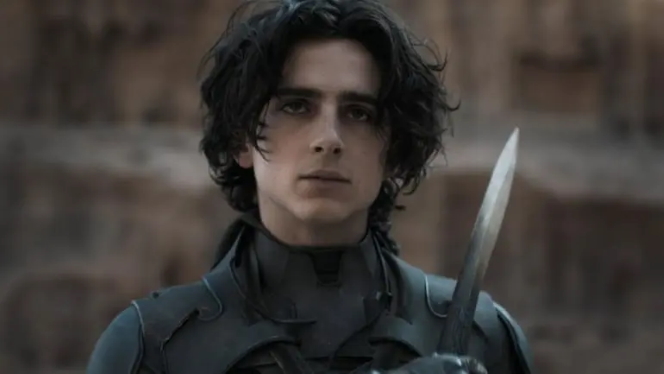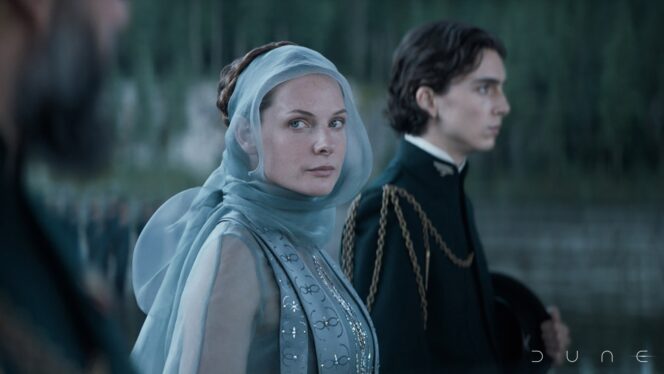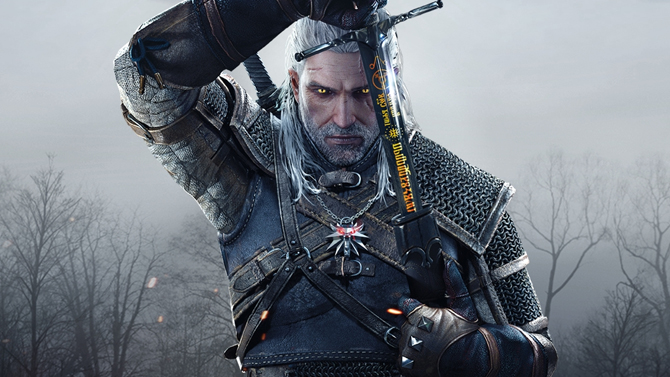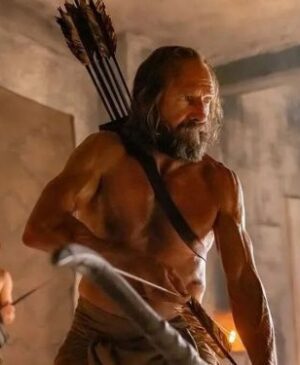MOVIE NEWS – In Frank Herbert’s book Dune, the banquet scene played a crucial role in shaping the political and social environment of the story, but it was left out of the films…
As great an adaptation as Villeneuve’s two Dune films are, they are far from a one-to-one adaptation of the Frank Herbert book. Many characters, stories and details have been changed or removed from the latest film version of Dune. One of the biggest examples of this is the famous “banquet scene” set on Arrakis. The latter is often considered one of the best scenes in the book. This scene is a critical element in the early part of Herbert’s novel. Yet this is not the first time that it has been omitted from the film version of Dune. It is also absent from David Lynch’s 1984 adaptation. Here’s what you need to know about the scene’s content, why it’s essential to the story, and why it ended up being left out of both Villeneuve’s and Lynch’s Dunes.
The scene of the Atreides banquet in Frank Herbert’s Dune
The scene in question takes place in the first part of Dune. The famous dinner scene occurs about two-thirds of the way through the first episode, right after Paul Atreides’ first encounter with the sandworm Shai-hulud, as he swallows a spice grower whole.
After this epic scene, the book suddenly changes pace, slowing down the story to allow for a deeper exploration of the complex political and social issues in the story.
Paul’s father, Prince Leto Atreides, hosts a dinner in Arrakeen, the capital of Arrakis. Several vital figures present represent various aspects of Dune society, both local to Arrakis and the wider Imperium. In addition to Leto, Paul, and Lady Jessica, there’s the Imperial Planetologist Liet Kynes (a Fremen), a circus costume maker, a smuggler, a Guild Bank representative, a water porter, and a few others. During dinner, the conversation ranges from the Prince’s recent arrival on Arrakis to the customs of the Fremen, the birds on Arrakis, and the possibility of terraforming the planet into a water-rich paradise.
In the midst of all these conversations, political manoeuvring proceeds from layer to layer. Each character tries to outplay the other as they learn more and more about each other, and tensions rise. This is one of the best dialogues in Herbert’s novel.
This is the first time the idea of terraforming Arrakis is brought up – an idea that becomes crucial later in the book – and Kynes’ discussion of the Fremen tradition of retrieving water from the dead is the first time Paul learns it directly from a Fremen and not from his movie books. the Fremen culture.
But most of all, once the Duke is called away and Paul takes over as host, it shows just how skillfully Paul plays this political game.
Why was the dinner scene cut from the Dune movies?
Given how important this one scene is in so many ways, it may be surprising that it was cut from both film adaptations of Dune. It should be noted that a version of the scene was featured in the Sci-Fi Channel miniseries Dune in the early 2000s. True, the context and meaning have changed, and the dynamic between Paul and Princess Irulan has come into focus.
Regarding Lynch’s film, Herbert also commented on the omission of the scene: “There was only one scene left out that I wish had been included. The banquet scene.”
Since Herbert himself wanted the scene in the adaptation, why isn’t it in either Lynch’s or Villeneuve’s film? Well, in the case of Lynch’s Dune, the answer is very simple. There just wasn’t enough time. Lynch’s film adapts Herbert’s first Dune novel in its entirety. With a game time of only 2 hours and 15 minutes, many stories had to be crammed into a dense package. The story had to be stripped down to make it work. This resulted in many iconic scenes being cut from Lynch’s version of Dune. Among them, the banquet scene is one of the most significant.
As for Villeneuve, the reason is a bit more complex. Since the director had over five hours to tell this story across two films, it seems logical that he could have easily inserted the scene into the first film. However, Dune is a very dense story. Villeneuve’s approach focuses more on spirituality than politics. Politics plays a role, of course, but it doesn’t get as much priority as the story’s religious aspects.
Because of this, many details of the banquet scene were not necessary for Villeneuve’s film, and those that were crucial could easily be inserted into the story elsewhere.
As much as it may hurt die-hard fans of the book, it was the right decision, because it. What works on the pages of Herbert’s book would have made the already less fast-paced plot of the first half of the story even better. Thus, the story remained focused and concise.
Source: Reddit, ScreenRant


















Leave a Reply